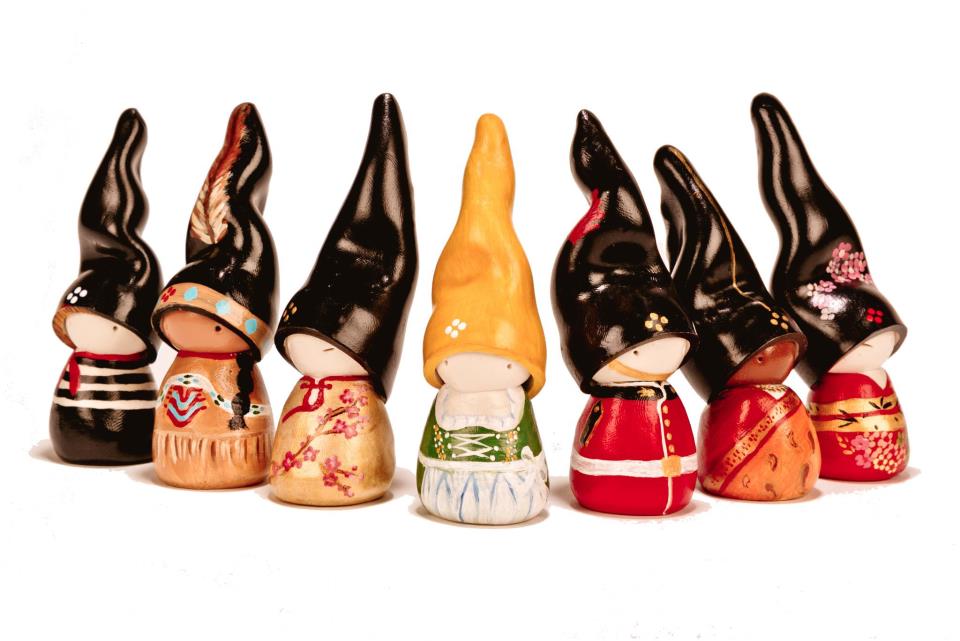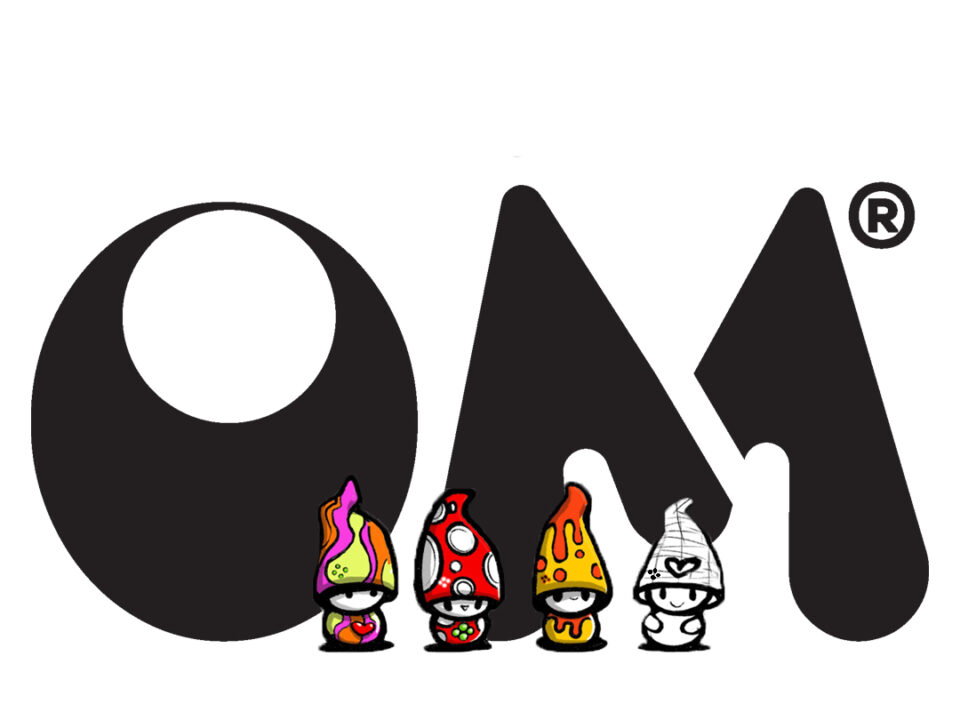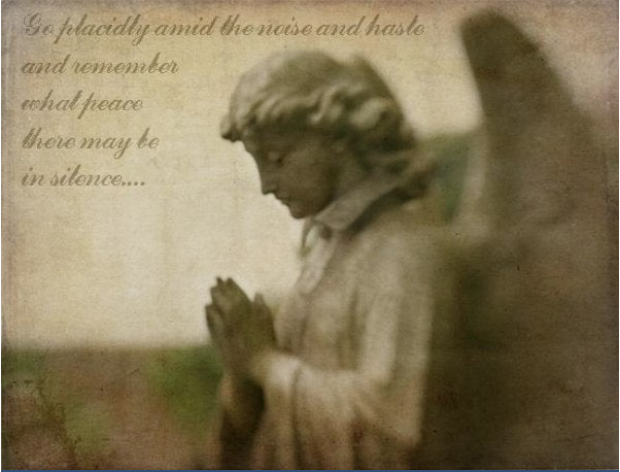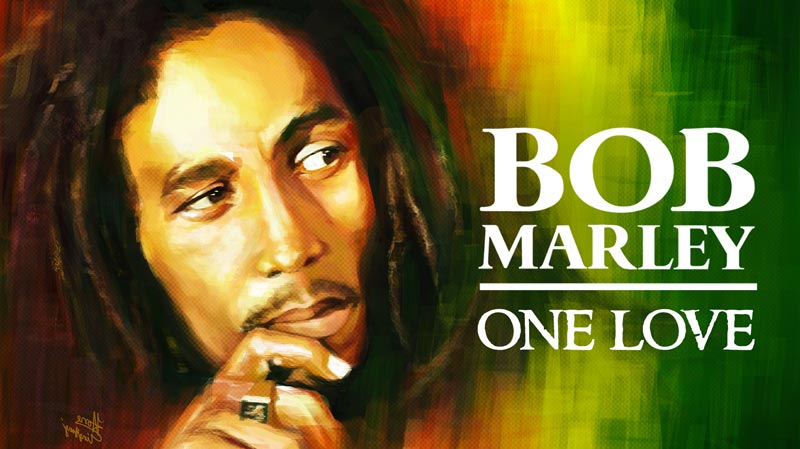It's official – kindness IS good for us!
May 16, 2013'This is a no-brainer for a decent human being . . .'
May 23, 2013For a little over three decades, the lovable lion has symbolized all that is good about life in Singapore. The official mascot for the Singapore Kindness Movement, he has come to represent compassion and courtesy, warmth and friendship. He has urged Singapore’s citizens to be nicer to each other, encouraged them to be more considerate and kind and endeavored to establish a more pleasant social environment. But no more. You see, Singa has quit.
He is tired, he explains, and is no longer able to face a society that, he says, is angrier and more disagreeable than ever. He needs a break and, as such, has penned an open letter to the people he has spent 30 years cajoling. Singapore might be almost nine-and-a-half thousand miles away, but Singa’s letter is as relevant in Rhode Island as it is in Asia. So much so that we’d like to publish it here in full . . .
Dear Singapore,
I quit. I need a long break and you probably need a break from me too. I get it. No-one likes being nagged at, even if it’s about being kind and gracious.
I suppose it’s about time. After all, I’ve been doing this for over thirty years – first, as The Courtesy Lion, and more recently, as your mascot for kindness. I’m just too tired to continue facing an increasingly angry and disagreeable society.
It’s been said that kindness shouldn’t be a campaign. That kindness should be part of a values education. That people in authority – at work, in school, at home and in government – should lead by example. Fair enough. I suppose it’s time for real people to step up, and for the mascot to step aside.
It’s not like we aren’t a gracious society, or that kindness is not innate in all of us. But some days it feels like not very many of us believe in or care about expressing kindness. We say ‘We have so many problems. How can we be kind?’ or ‘Fix my problems first, then we can talk about being kind’.
Should we let kindness and graciousness disappear while we fix these ‘bigger’ problems? Is kindness only for the good times? Does graciousness come with terms and conditions? If we can only be nice if other people are nice to us first, who will set the ball rolling? Or can we rise above our differences and be gracious, even in challenging times?
A final word before I go. Let’s be responsible for our actions. We can refuse to give up our seat on the train if we don’t want to, but let’s not blame it on the crowd. We can go online and be rude to others, but let’s not think it doesn’t count because we’re anonymous. We can let our anger and disagreement dictate the kind of people and society we want to be, or we can decide to be gracious, even when frustrated.
We are responsible for the sort of society we encourage and create. It is our choices that determine who we are.
All the best Singapore,
Your friend, Singa.
There are several points that we’d like to make here: that Singa is a fictional character and that, in manufacturing his resignation, the ever-so-shrewd Singapore Kindness Movement has made this a major talking point and got people thinking; that the points made in the letter are all excellent and are relevant to us all; that kindness shouldn’t be a campaign and that it’s time for real people to stand up; that no-one is quitting on this thing, because it’s too important to abandon.
It’s time to put our own problems to one side and to start seeing the bigger picture. That we are all responsible. That we can rise above our differences. That kindness isn’t just for the good times. That graciousness doesn’t come with terms and conditions.
Here at OM®, where our own mascots are continuing the campaign for kindness, we’d like to start the ball rolling. To set an example. To take responsibility.
In Saunderstown and in Singapore (and in all places in-between), it’s time to start expressing our kindness . . .





